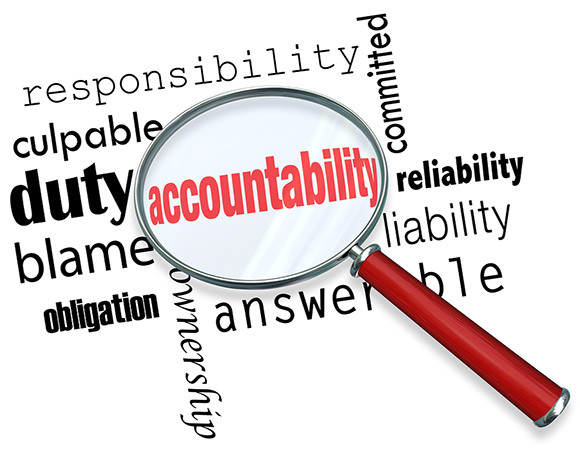By Steve Adubato, PhD
One of the most important Lessons in Leadership is the need for leaders to step up and be accountable when things go wrong. No excuses, no caveats, no finger pointing. Yet, it’s so rare these days—be it in politics, business, sports, or any professional arena—to see leaders truly taking responsibility.
So what lessons can be learned from such leadership shortcomings? Consider the case of the Costa Concordia and the tragic events that occurred on January 13, 2012 when the captain of this massive cruise liner fled, leaving his passengers aboard the sinking ship to fend for themselves.
The biggest Lesson in Leadership here is the most obvious one; a captain—in this case Captain Francesco Schettino—should never abandon his ship. The same lesson is true for leaders of any organization. When something goes seriously wrong and you are at the helm, you don’t turn your back on the people who depend on you—whether they are your employees or most valued stakeholders. Instead, great leaders must remember the following:
--Be prepared, because something inevitably will go wrong. While you can’t think of every conceivable scenario where a disaster or crisis could occur, it is important to consistently identify the most likely issues and develop realistic and practical plans to deal with them. A leader’s job is to ensure that while all precautions are taken, the preparation for a crisis never stops.
--Great leadership is required throughout a team. Even in the best circumstances, no one leader can do it alone. He or she needs others to help execute in a crisis. Develop “situational” leaders positioned to do what needs to be done in case of a crisis or emergency.
--Never underestimate how bad a situation is by engaging in wishful thinking. Great leaders always consider the worst-case scenario when something goes wrong. It’s not a matter of being negative or pessimistic, but rather of asking yourself, “If the worst happens, what do I and my team need to do?” Further, I’m not advocating that you talk to people in a fashion that produces hysteria and panic, however, leaders must show a degree of candor and communicate the severity of the situation and the need to be calm and deliberate in your actions.
--Great leaders don’t panic. They have a sense of calm, even in the most dangerous and perilous situation. We saw it during 9/11 with the crew and passengers of Flight 93 that crashed into a field in rural Pennsylvania. We saw it with Captain Chesley Sullenberger, known as “Sully,” the pilot of the US Airways plane that landed in the Hudson River. His calm demeanor had a direct impact on the demeanor of others around him. Conversely, when a leader panics, it is inevitable that he or she will induce panic in others.
So the next time something goes wrong when you are in charge, remember, great leaders step up and take responsibility. Anything less is unacceptable and only makes a difficult situation worse.
What leadership lesson did you learn when you took responsibility when things went wrong? Click here to share your thoughts.
